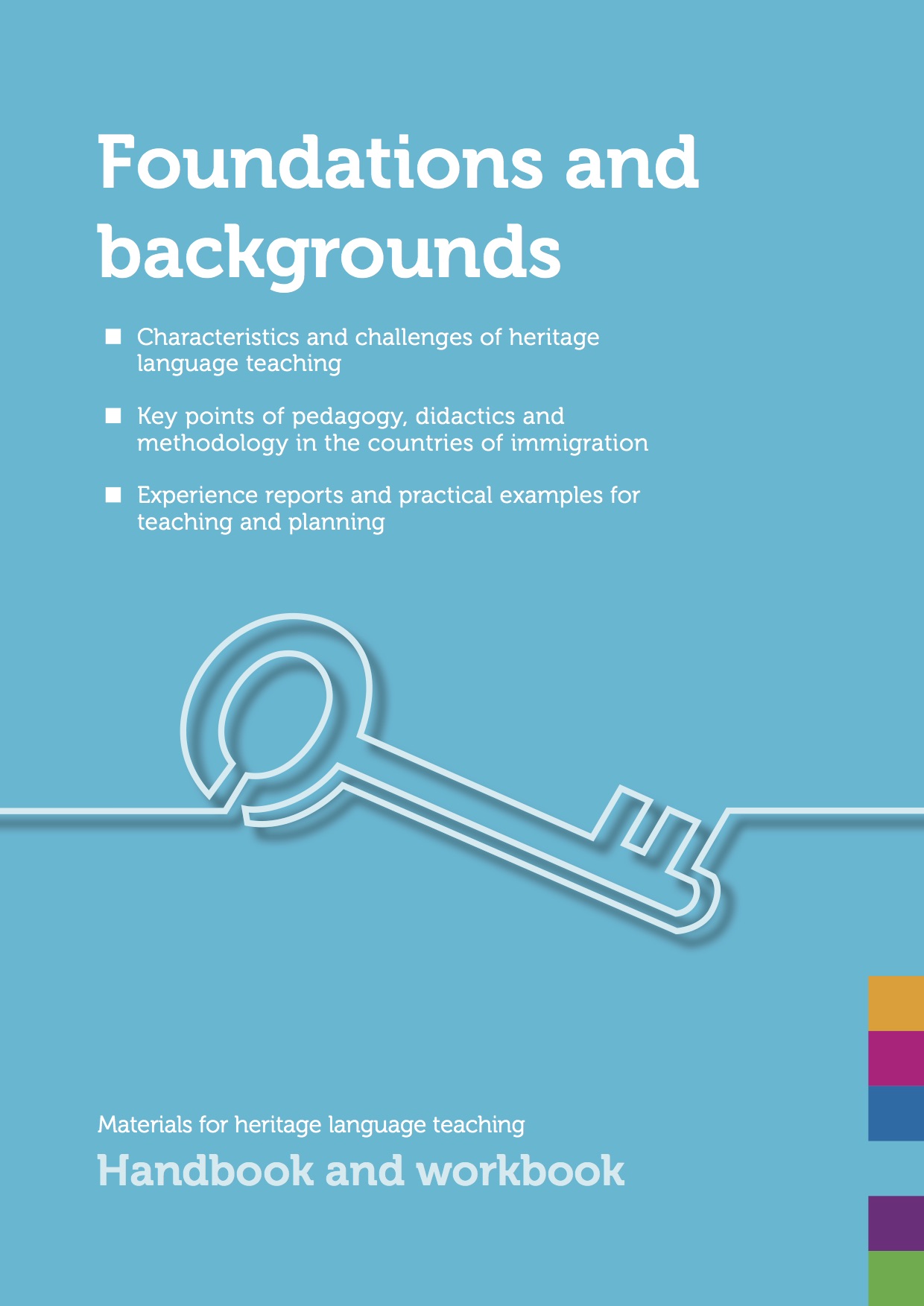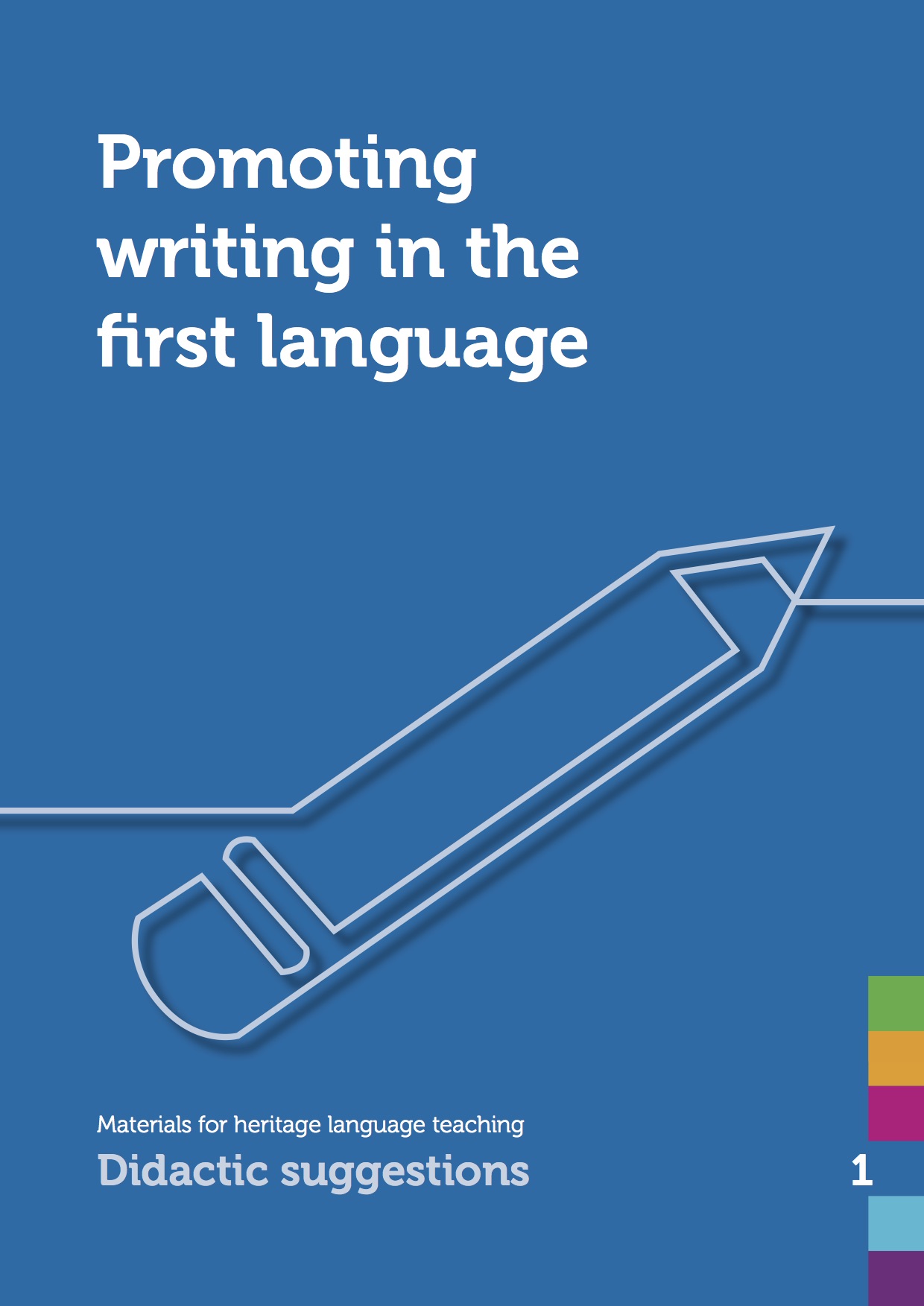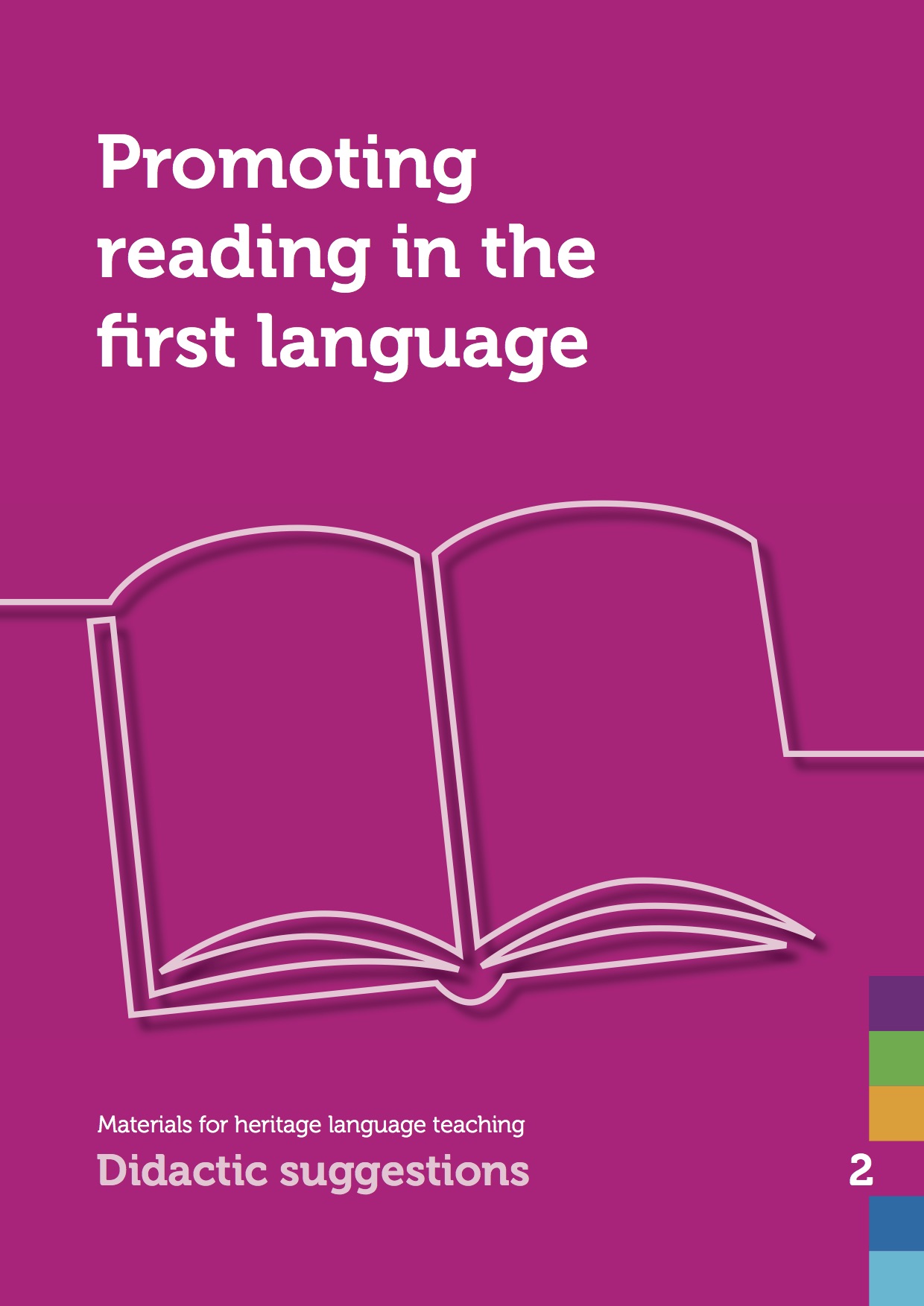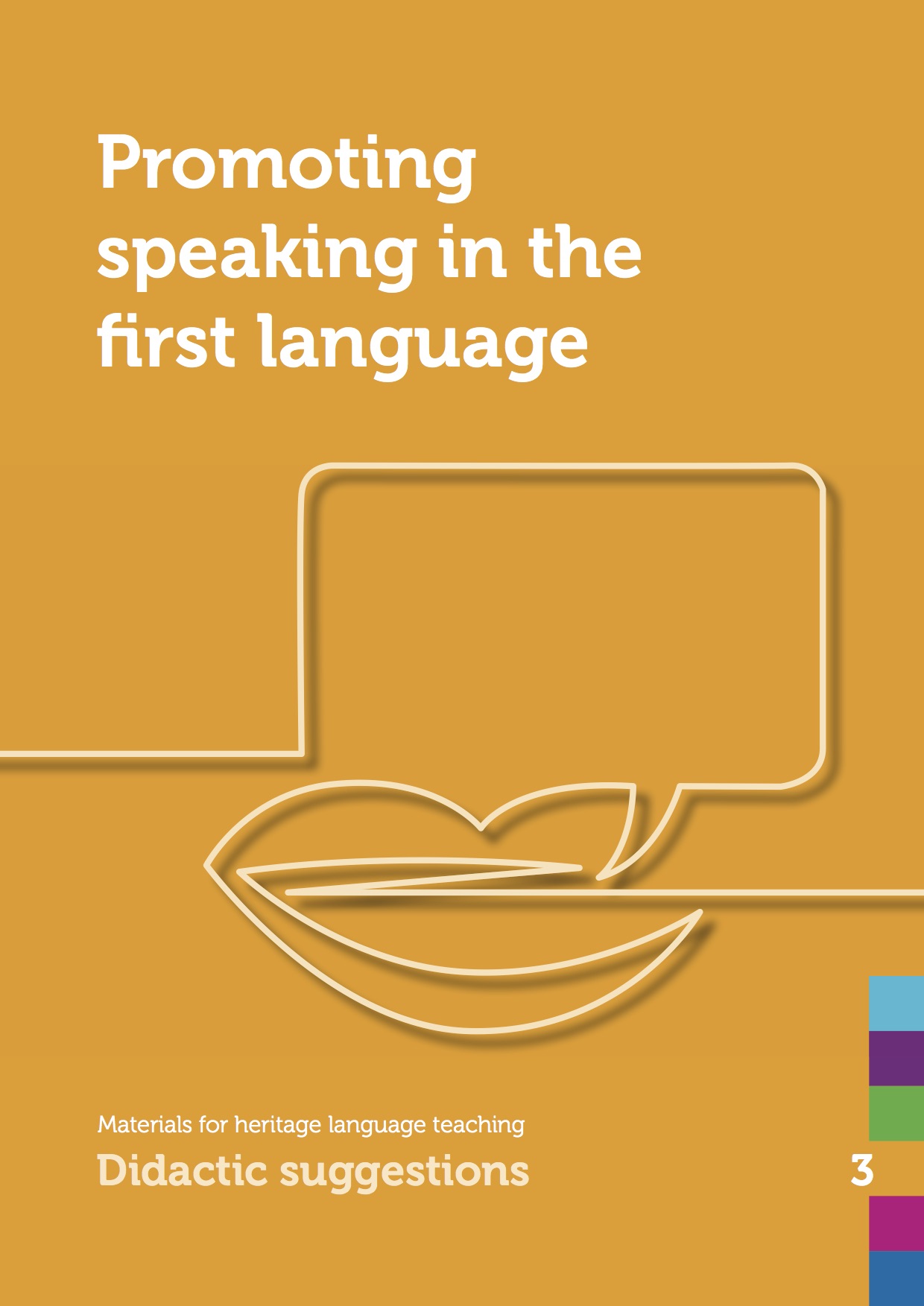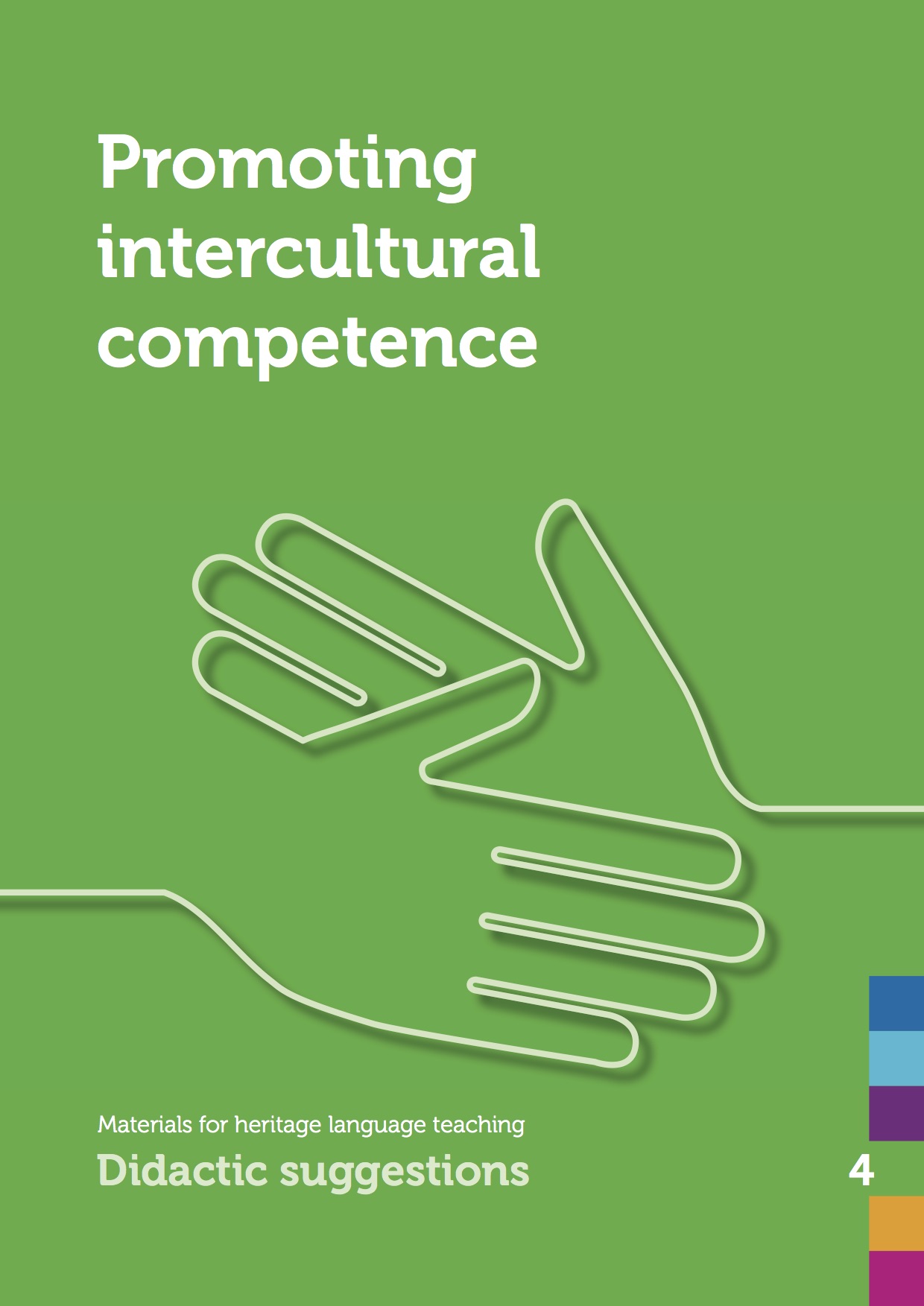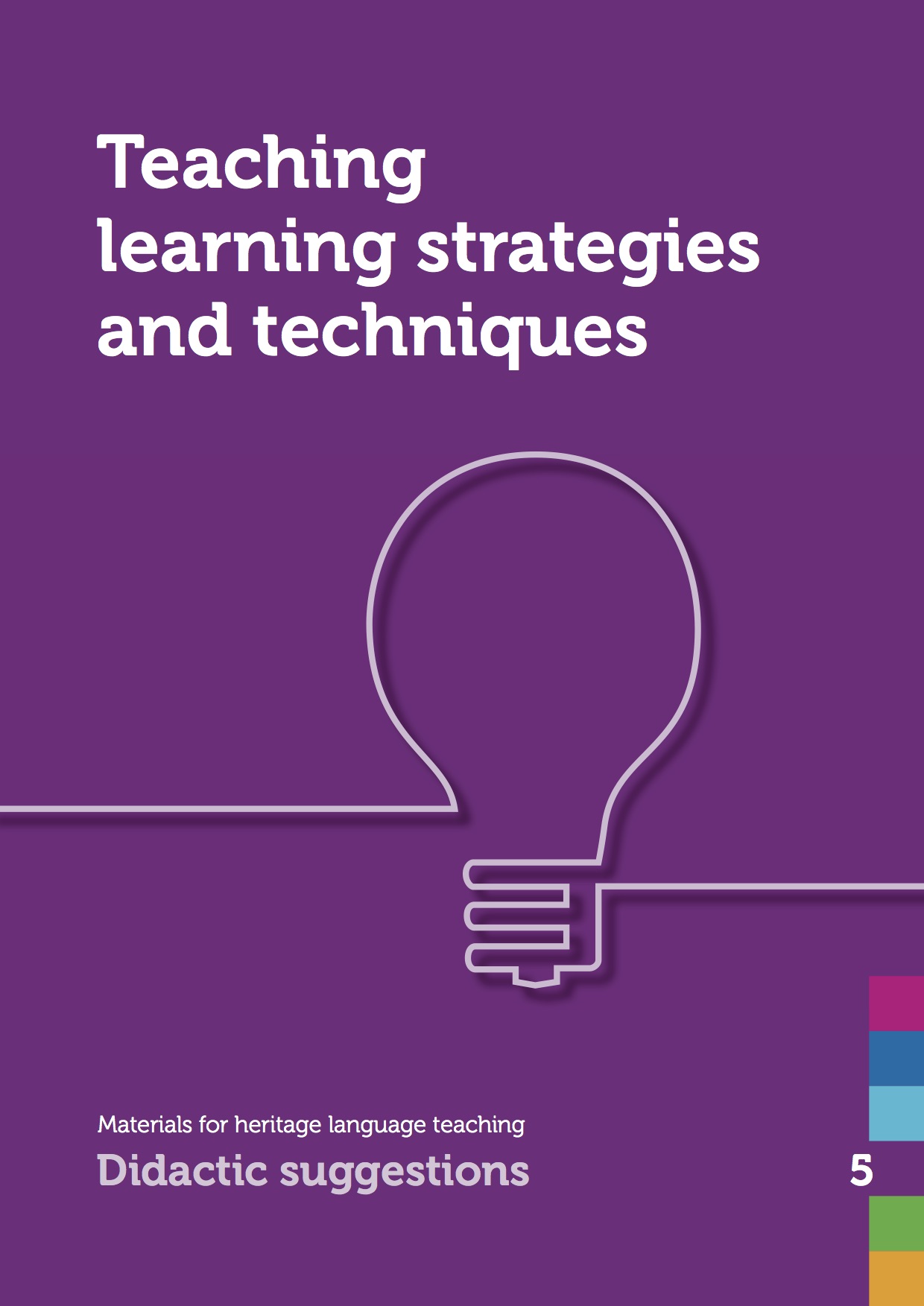To write in their first language or mother tongue is very difficult or even impossible for many children and adolescents whose parents or grandparents have emigrated. If these writing skills are not developed in school, the children concerned remain illiterate in their first language. While speaking in their heritage language only in a broken, mostly dialectal form, they lose the connection with their written culture. This increases the danger that, sooner or later, they might lose their first language altogether – and with it, an important special competence and an integral part of their bicultural identity. Furthering the biliteral compe-tences (the ability to read and write in one’s own first language) is therefore a significant concern also in the sense of a balanced integral development of the bicultural-bilingual identity.
Heritage language education (in Switzerland: HSK courses) can make a decisive contribution to the de-velopment of these competences. For children from educationally disadvantaged families, it represents the only opportunity to also learn their native language in its standard form and written version, and to acquire an integral bilingualism that includes the written culture as well.

